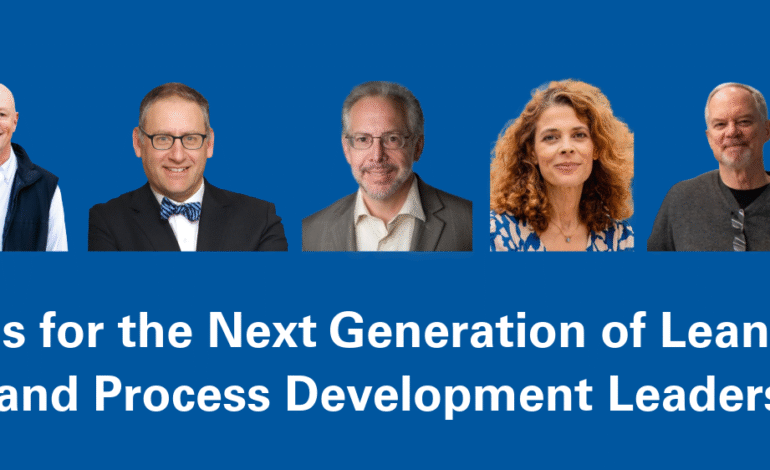
Empowering Future Lean Leaders: Key Lessons for Product and Process Development
This article delves into seven insightful lessons crucial for the next generation of leaders in lean product and process development. By understanding these core principles, emerging leaders can effectively drive innovation, ensure efficient processes, and enhance team performance in the ever-evolving landscape of lean methodologies.
Understanding Lean Principles
An in-depth understanding of lean principles is crucial for any leader. By internalizing these core concepts, new leaders can foster a mindset centered on efficiency and customer value, laying a solid foundation for further development.
Encouraging Cross-Functional Collaboration
Driving collaboration across various functions is vital to breaking down silos within an organization. This chapter emphasizes the importance of seamless communication and teamwork, which are essential for holistic lean development and innovative problem-solving.
Fostering Continuous Improvement
Continuous improvement lies at the heart of lean development. Here, potential leaders learn how to instill a culture of ongoing enhancement, enabling teams to identify inefficiencies and implement solutions that contribute to sustainable growth.
Balancing Innovation and Standardization
Striking a balance between innovation and standardization is key. This section explores how leaders can cultivate a climate that allows creative solutions while maintaining consistent, efficient processes to ensure quality and reliability.
Leveraging Technology for Lean Advancements
Incorporating advanced technologies into lean processes bolsters efficiency and adaptability. By leveraging tools like automation and data analytics, leaders can drive substantial improvements in both product development and operational processes.
Cultivating a Systematic Problem-Solving Approach
Equipping teams with systematic problem-solving skills empowers them to effectively tackle challenges in lean operations. This chapter highlights techniques for diagnosing issues and implementing strategic solutions tailored to organizational needs.
Adopting a Long-Term Vision
Future leaders must adopt a long-term vision that aligns with lean principles. The focus here is on developing strategies that not only meet immediate goals but also contribute to the sustained success and evolution of lean methodologies over time.
Conclusion
In conclusion, applying these seven lessons can significantly enrich the capabilities of future lean leaders. By embracing continuous learning and adapting to change, leaders will not only enhance product and process development but also create a culture of innovation and efficiency that drives organizational success.





